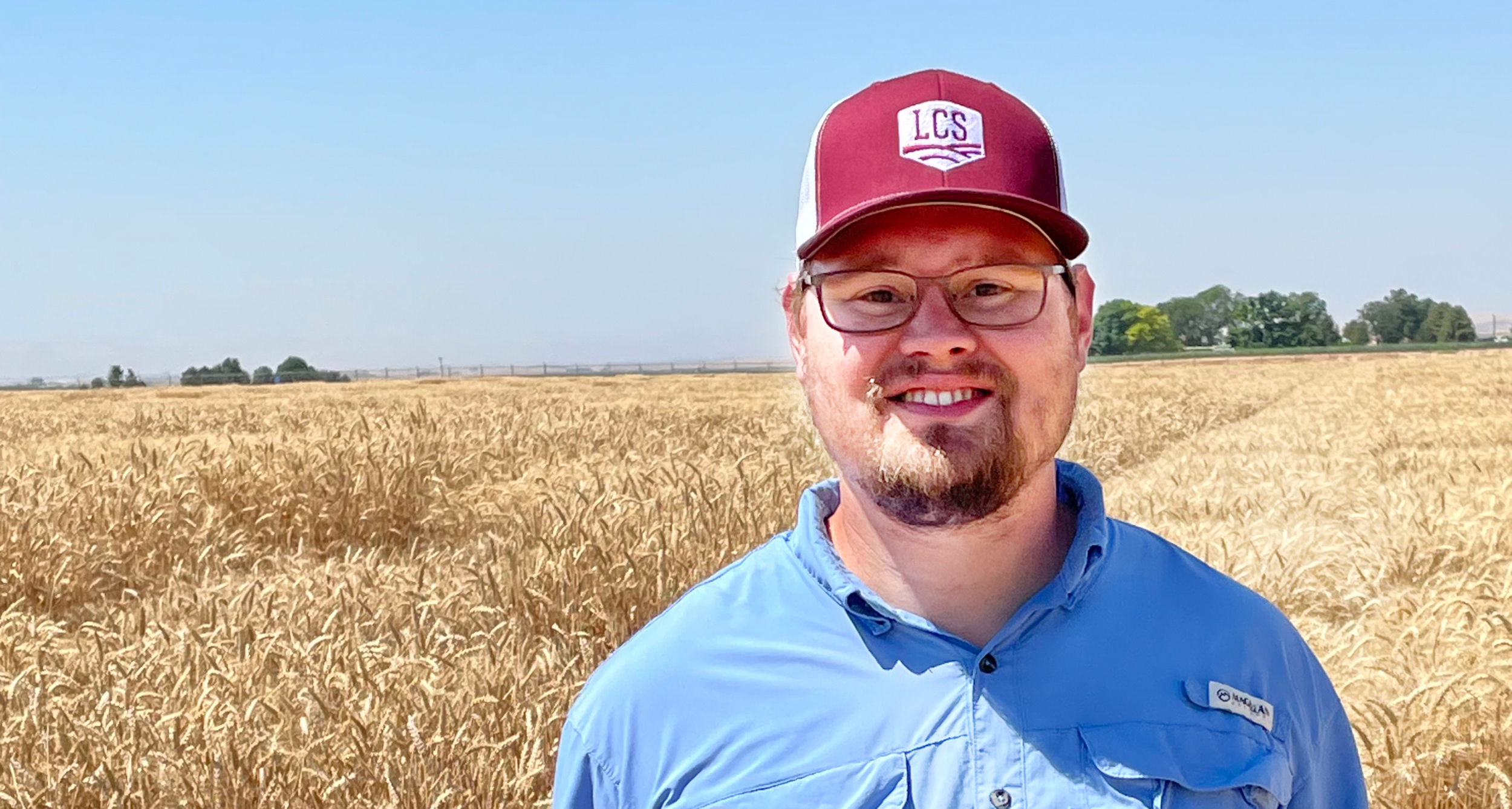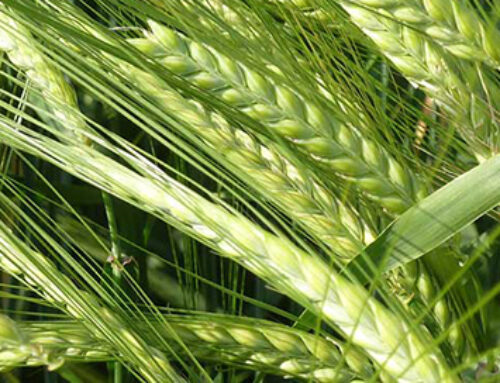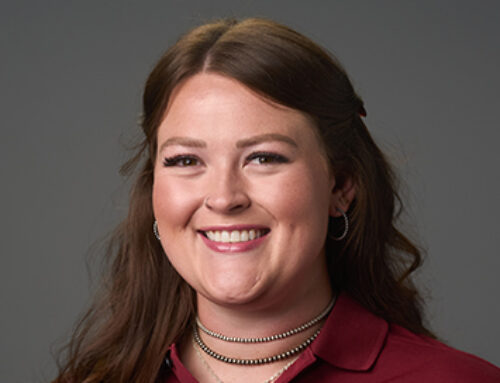Experienced researcher and breeder will help drive wheat innovation in the Pacific Northwest
Dylan Larkin, Ph.D., has joined Limagrain Cereal Seeds (LCS) to lead the wheat breeding program for the Pacific Northwest region of the United States.
Dylan Larkin brings 12 years of experience in the agriculture industry to his new position and has a deep knowledge of breeding programs in the Pacific Northwest. He received his bachelor’s degree from Oregon State University, where he studied agronomy and plant breeding and genetics. Dylan continued his education at Washington State University, where he worked with the USDA-ARS club wheat breeding program, focusing his research on soil-borne diseases in wheat. Later, he completed his Ph.D. in Crop, Soil and Environmental Sciences at the University of Arkansas, where he worked with the wheat breeding program. After graduating, he worked as a postdoctoral scholar with the Oregon State University barley breeding program. Before starting at LCS, he held the position of line development breeder at Aardevo North America, where he helped establish a hybrid potato breeding program.
As the wheat breeder for the Pacific Northwest region, Dylan will be responsible for developing and implementing strategies to breed improved conventional and CoAXium soft white and hard red winter wheat varieties. LCS’s improved varieties have been and will continue to give farmers greater choice in high-quality wheat seed and establish Limagrain Cereal Seeds and their exclusive partner GMG Marketing Group as the supplier of choice.
“We want to constantly be improving winter wheat varieties so they have better yields, better disease resistance, tolerance to insects and great end-use baking qualities,” Larkin explains.
“LCS is pleased to have Dylan on the PNW team,” says Tatiana Henry, LCS Chief Operating Officer. “He has a unique combination of experience that will strongly contribute to the PNW breeding program for the benefit of farmers.”
“My goal is to continue developing high quality wheat varieties that farmers have grown to expect from LCS in Washington, Oregon and Idaho,” Larkin concludes.








